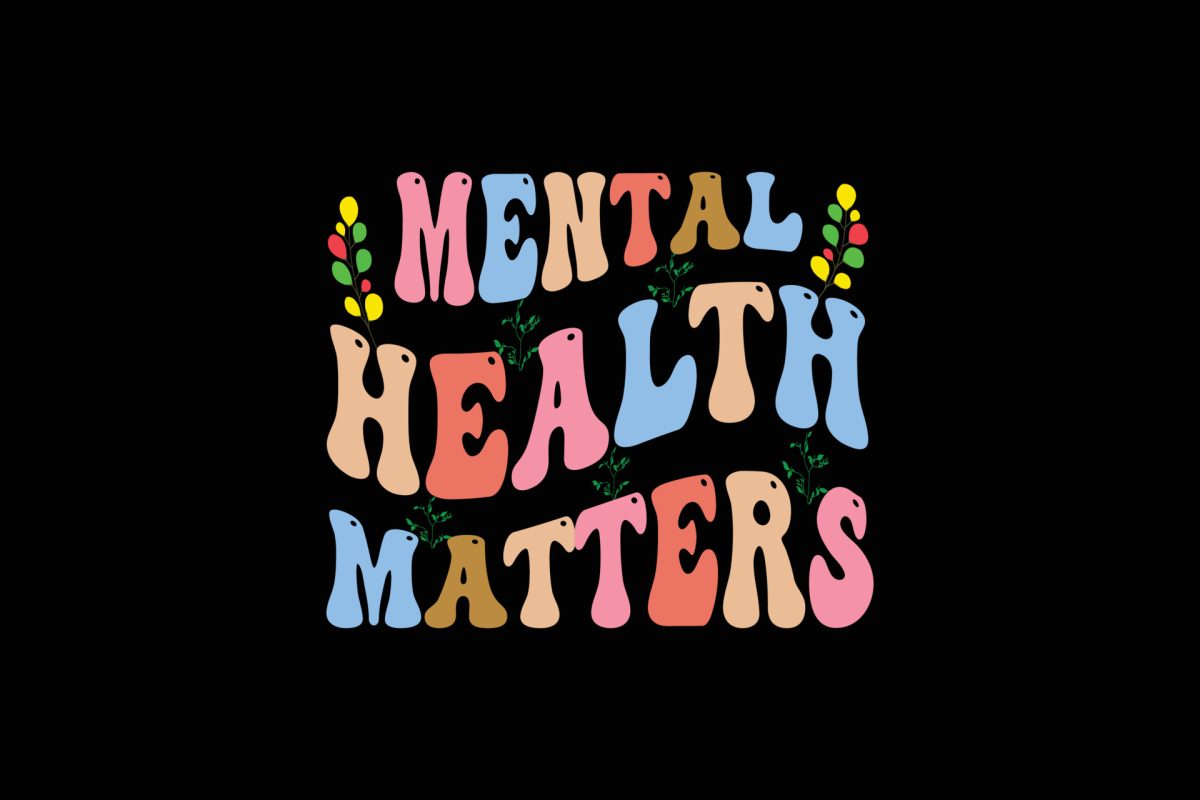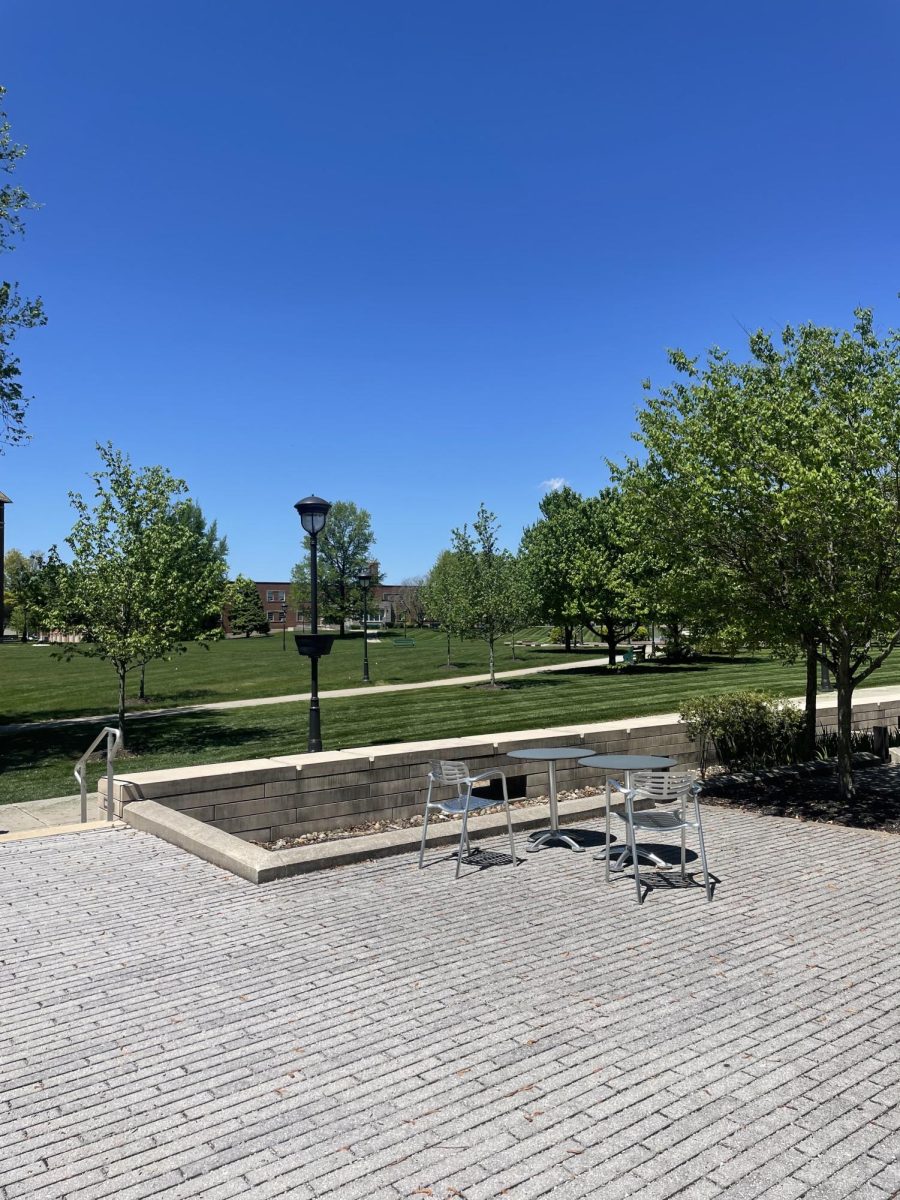As the vibrant colors of spring emerge, so do the dreaded symptoms of seasonal allergies. Health experts are cautioning residents to brace themselves for a surge in pollen and allergens that can trigger uncomfortable reactions. With the aim of helping individuals navigate this challenging season, allergy specialists have shared valuable insights and practical tips to find relief and minimize the impact of spring allergies.
Spring allergies, commonly known as hay fever or allergic rhinitis, affect millions of people worldwide. The main culprits are pollen from trees, grasses, and weeds that become airborne during the springtime. When inhaled, these tiny particles can trigger an immune response, leading to a range of symptoms such as sneezing, itchy or watery eyes, a runny or congested nose, coughing, and fatigue.
Dr. Lena Garcia, an allergist at Mercy Health Clinic, confirms the significant impact of spring allergies, citing a recent study by the American College of Allergy, Asthma & Immunology (ACAAI). “The study found that spring allergy symptoms can lead to a decrease in work and school productivity, as well as a decline in overall quality of life,” Dr. Garcia explains. “Taking proactive measures to manage these symptoms is crucial for overall well-being.”
To combat spring allergies, experts recommend the following strategies:
Monitor Pollen Levels: Stay informed about daily pollen forecasts in your area. Several online resources and mobile apps provide real-time updates on pollen counts. On high-pollen days, limit outdoor activities, especially during the early morning and late afternoon when pollen levels tend to be highest.
Keep Windows Closed: While it’s tempting to let fresh air in, keeping windows closed can help minimize the entry of pollen into your living spaces. Use air conditioning and consider installing HEPA filters to trap allergens and improve indoor air quality.
Practice Good Hygiene: After spending time outdoors, make it a habit to rinse off or shower to remove any pollen clinging to your skin and hair. Additionally, washing clothes regularly and avoiding drying laundry outside can prevent pollen from infiltrating your home.
Wear Protective Gear: When gardening or engaging in outdoor activities, wear a hat, sunglasses, and a mask to reduce exposure to pollen and allergens. The mask can also provide some protection against airborne irritants.
Consult an Allergist: If over-the-counter antihistamines and nasal sprays do not provide sufficient relief, it may be beneficial to seek medical advice. An allergist can conduct tests to identify specific allergens and recommend personalized treatment options, including prescription medications and immunotherapy.
Don’t suffer in silence. Seeking professional help can make a significant difference in managing spring allergies and improving your overall well-being!
While spring allergies can be bothersome, with the right precautions and management strategies, individuals can enjoy the beauty of the season without being sidelined by allergic reactions. By staying informed, taking preventive measures, and seeking appropriate medical care, spring allergy sufferers can find relief and embrace the joys of the blooming season.































